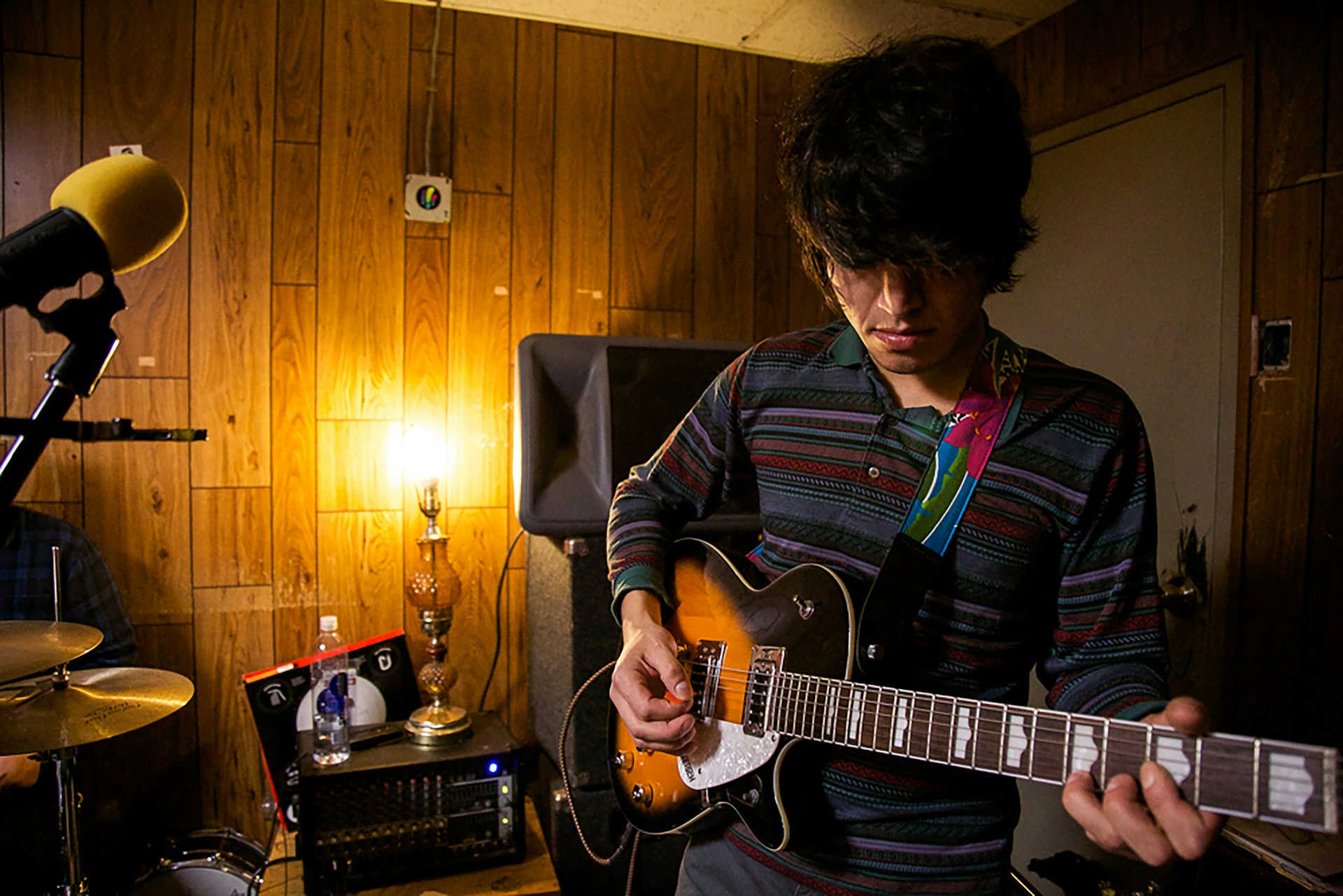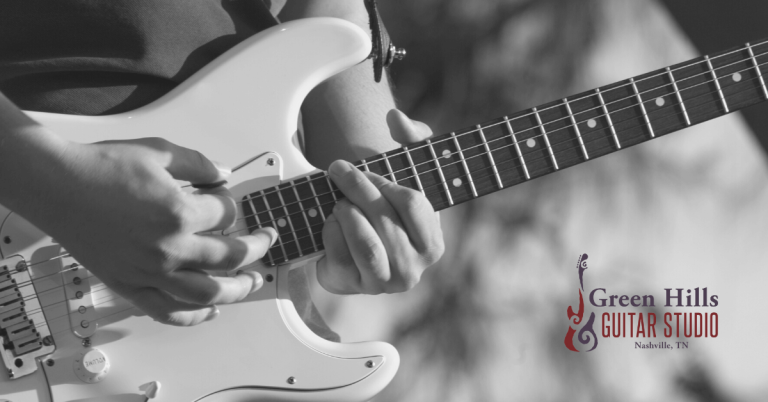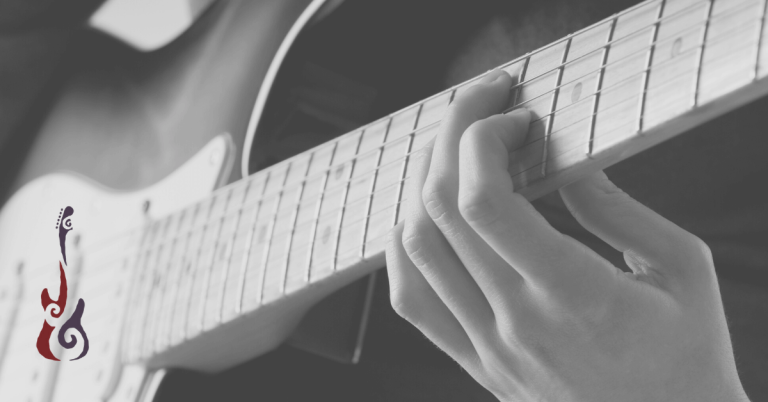10 Signs You’re Getting Better at Guitar
It is easy to feel uncertain about your progress as a guitarist, especially if you have been playing for a while but are not seeing dramatic improvements. You might practice regularly and still wonder, “Am I actually getting better at guitar?”
The truth is, many signs of progress are subtle. They show up in small wins, improved awareness, and a shift in how you think about music. This list is designed to help you recognize those moments so you can stay motivated and keep moving forward.
Whether you have been playing for six months or six years, these signs point to real growth in your guitar playing, even if it is not always obvious.
1. You Make Fewer Mistakes and Recover More Easily
One of the clearest signs you are getting better at guitar is that you make fewer mistakes when practicing or performing. Even more important, you do not freeze or panic when you make a mistake. You recover and keep playing.
Recovering quickly means your muscle memory is improving, your ears are sharper, and your confidence is growing. These are strong indicators of making progress on guitar.
2. You Can Play Slowly and Steadily Without Losing Focus
Playing lightning-fast licks might seem impressive, but control and consistency are far more important. If you can play at a slow tempo with clarity, steady timing, and relaxed hands, you are developing real technical strength.
Slowing down forces you to focus on tone, articulation, and feel, which are critical elements that make your playing sound musical.
3. You Notice Details You Did Not Hear Before
Another sign you are improving is how you listen. You might catch yourself recognizing a major 7 chord, identifying when your tuning is off, or picking up on rhythmic changes in a song.
This kind of ear training often happens in the background, without formal drills. If your listening has become more detailed and analytical, you are becoming a more complete musician.
4. You Rely Less on Tabs and Chord Charts
At some point, you will notice that you can play parts of a song without staring at a tab or chart the entire time. You begin to internalize chord progressions, song forms, and even lead lines.
This shows not only memory but also musical understanding. When you start anticipating what comes next, it means you are thinking in terms of patterns and sound, not just fret numbers.
5. Your Playing Sounds Like Music, Not Just Practice
As you continue improving, you will notice your playing becomes more expressive. You start using dynamics, adding space between notes, and paying attention to tone.
If your chord progressions sound more like a performance than a warm-up, or your solos include phrasing instead of just runs, you are truly making music. That is a major step in getting better at guitar.
6. You Try New Things Without Fear
Progress includes the willingness to experiment. You are growing if you find yourself trying out a new genre, exploring alternate tunings, improvising, or even writing your own songs.
Taking creative risks is a sign that you trust your skills and want to explore what your guitar can really do.
7. Your Technique Feels More Natural and Efficient
Many players overlook this one. As you improve, your hands become more relaxed. You may notice:
- Less tension that can lead to guitar-related injuries
- Smoother transitions between chords
- Cleaner picking and strumming
When your body works with the instrument instead of against it, you can play longer, sound better, and avoid injury. Physical ease is a key marker of long-term improvement.
8. You Can Maintain a Groove Without Getting Thrown Off
Being able to keep steady time is one of the best indicators that your playing is improving. This could show up in solo practice, playing with a metronome, or jamming with others.
If you can hold a rhythm through an entire progression, without drifting or breaking focus, you are developing a solid musical foundation.
9. You Can Teach or Explain Something to Someone Else
It might seem small to teach a friend how to play a chord, show them a lick, or explain what a I–IV–V progression is. But if you can explain it, that means you understand it deeply.
This step moves you from learning to internalizing. It also reveals that your confidence and clarity have both increased.
10. You Think About Feel and Sound, Not Just Speed
This mindset shift is massive. Instead of measuring your playing by how fast you can move through a scale, you start to care about the tone you get from your picking hand, or how a note resolves.
When your focus shifts from execution to expression, you are not just playing guitar—you are making music.
The Coda: Progress Often Feels Subtle, But It Is Still Progress
You may not always feel like you’re getting better at guitar, but progress often happens quietly. If you recognize even a few of these signs, you are moving forward. The best guitarists are not always the fastest or most technical. They are the ones who show up consistently, pay attention to the details, and care about how their playing sounds and feels.
If you are unsure what to focus on next or feel like you’ve hit a plateau, working with a teacher can help. Personalized feedback and a clear plan can speed up your growth and help you reconnect with the reason you started playing guitar in the first place.
Ready to move forward with more confidence?
Book a lesson with Green Hills Guitar Studio and take your next step as a guitarist. Whether you are refining your technique or reigniting your creativity, our experienced instructors are here to help.






